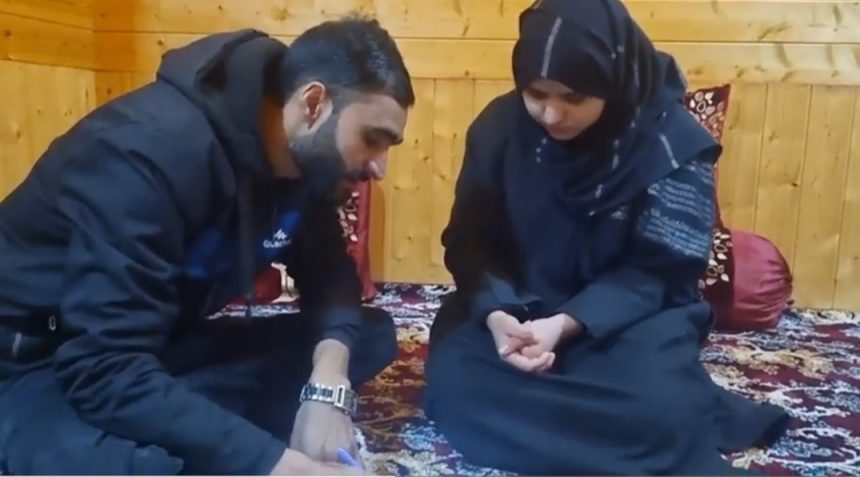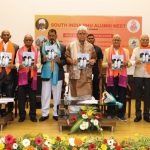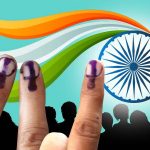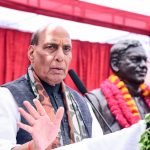Srinagar, Feb 02: Allegations of privacy violations have emerged against a private school in Qaziabad Handwara, with parents and locals accusing its staff of filming students—primarily female minors—without consent for social media content. Reports claim videos were recorded on school premises and inside students’ homes, sparking concerns over potential breaches of child safety laws and privacy rights.
Parents allege their children’s faces were visibly shared on platforms like YouTube, exposing them to cyber risks. One student, speaking anonymously, said, “We feel compelled to participate, fearing consequences if we refuse.”
Legal experts highlight that filming minors without explicit parental consent violates Section 11 of the POCSO Act, 2012, which criminalizes capturing or disseminating visual content of children for any purpose without guardian approval. Ministry of Education guidelines further mandate written permission for school activities involving students, regardless of intent, including non-commercial or “educational” content.
The unauthorized filming in private residences raises additional legal concerns. Section 66E of the IT Act, 2000 penalizes privacy violations, while the Right to Privacy under Article 21 of the Indian Constitution safeguards individuals against intrusion into personal spaces. Legal authorities note that entering homes without permission could also constitute criminal trespass under Section 441 of the IPC.
Zonal Education Officer (ZEO) Langate, Naseer Ahmad Molvi, responded, “No institution or individual may enter private residences without consent. If proven, these actions warrant strict legal measures.”
Sharing identifiable content of minors publicly contravenes Section 23 of the Juvenile Justice Act, 2015, which prohibits actions exposing children to mental or physical harm. Additionally, footage showing a schoolteacher driving without seatbelts during filming breaches Rule 138(3) of the Central Motor Vehicles Rules, 1989, punishable under traffic laws.
Student leader Nasir Khuehami criticized the alleged practices, emphasizing that “filming minors without consent is unlawful, regardless of institutional backing. Authorities must investigate whether protections were abused to enable such acts.” Advocate Noorul Shahbaz added, “Schools cannot exploit students for online engagement, even under the guise of cultural or educational goals. Consent protocols are non-negotiable.”








